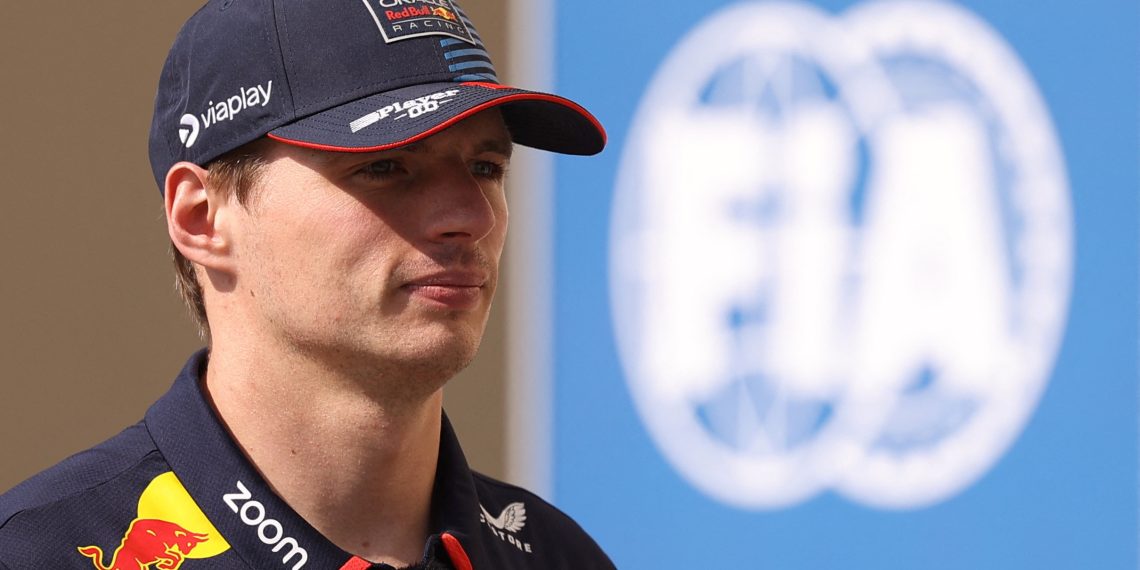In a sport where perception often rivals performance, Juan Pablo Montoya and Max Verstappen have voiced sharp critiques of what they see as a persistent bias in Formula 1 toward British drivers. From perceived inconsistencies in penalties to skewed commentary, the Colombian racing legend and the reigning four-time world champion have reignited the debate over impartiality in motorsport’s elite category.
The “Wrong Passport” Controversy
The latest storm erupted at the Mexican Grand Prix, where Max Verstappen was slapped with two 10-second penalties for incidents involving Lando Norris. Verstappen pushed Norris wide in two separate corners, and the penalties drew widespread attention—not just for their severity but for the commentary that followed.
In response, Verstappen remarked that he seemed to have the “wrong passport” for Formula 1, a pointed critique of how he feels non-British drivers are treated. His father, Jos Verstappen, echoed the sentiment, suggesting that British race steward Johnny Herbert may have been partial toward “certain drivers.”
Montoya Joins the Chorus
Montoya, a veteran of Williams and McLaren, empathized with Verstappen, sharing his own frustrations from his time in F1. The Colombian, who won seven Grand Prix races during his career, said the apparent bias made it difficult for him to enjoy the sport as a viewer.
“I get angry when I watch F1 because it is so biased towards British drivers,” Montoya told GPblog.
“They claim to be neutral, but they are not. Imagine how hard it is to be Colombian!”
Montoya, who often found himself at odds with F1’s establishment during his career, called out the sport’s media and stewards for playing favorites. He pointed to examples where British drivers received softer treatment, both in terms of penalties and commentary, compared to their non-British counterparts.
Double Standards in Commentary
Montoya specifically criticized Sky Sports F1, accusing them of covering British drivers with kid gloves while scrutinizing others more harshly. He cited incidents involving Lando Norris and Sergio Pérez to illustrate his point:
- Qatar Grand Prix: When Norris failed to lift under yellow flags and was penalized, commentators allegedly downplayed the mistake, calling the penalty “outrageous.”
- Sergio Pérez Spin: Montoya questioned whether technical issues might have caused Pérez’s spin, but noted how commentators quickly labeled it as a “lack of talent.”
“When Max said that he had the ‘wrong passport,’ I could identify myself with it so much,” Montoya said, underscoring his shared frustration with the double standards.
Adrian Newey and Media Nationalism
Red Bull’s Adrian Newey has also weighed in on the issue, previously accusing Sky Sports of being “nationalistic” in its coverage. This sentiment has gained traction among drivers and teams who feel the British media wields outsized influence in shaping narratives within the F1 paddock.
A Broader Concern: F1’s Image Problem
The debate over favoritism extends beyond media commentary. FIA President Mohammed Ben Sulayem has faced criticism for inconsistent governance, with some accusing the organization of bias in stewarding decisions. Montoya questioned whether the FIA is doing enough to ensure fairness across the grid:
“If you’re really the body that controls the rules, there cannot be any favoritism.”
A Divided Audience
Fans and insiders are split on the issue:
- Supporters of Verstappen and Montoya: Argue that F1’s British-centric media and history create an environment where non-British drivers face unfair scrutiny.
- Critics of the Claims: Believe Verstappen and Montoya are overreacting, attributing their frustrations to the natural subjectivity of commentary and the unique pressures of F1.
The Bigger Picture
As Formula 1 continues to expand globally, balancing its British roots with its international appeal is becoming increasingly critical. The accusations of bias risk alienating fans and drivers from diverse backgrounds, particularly as the sport gains traction in regions like the Americas, the Middle East, and Asia.










